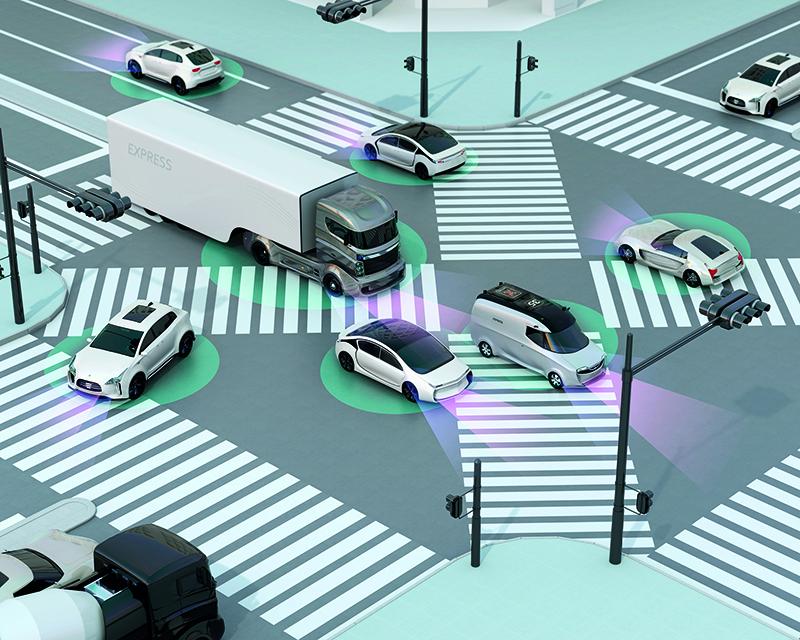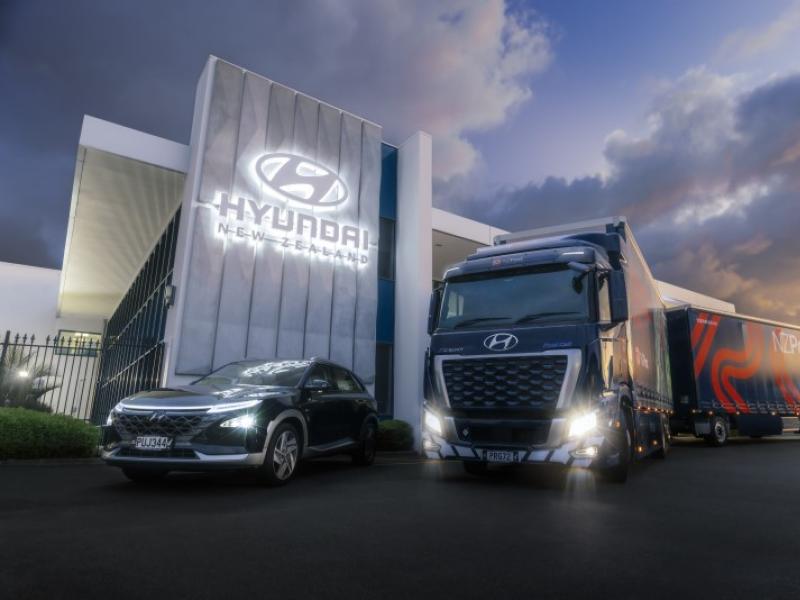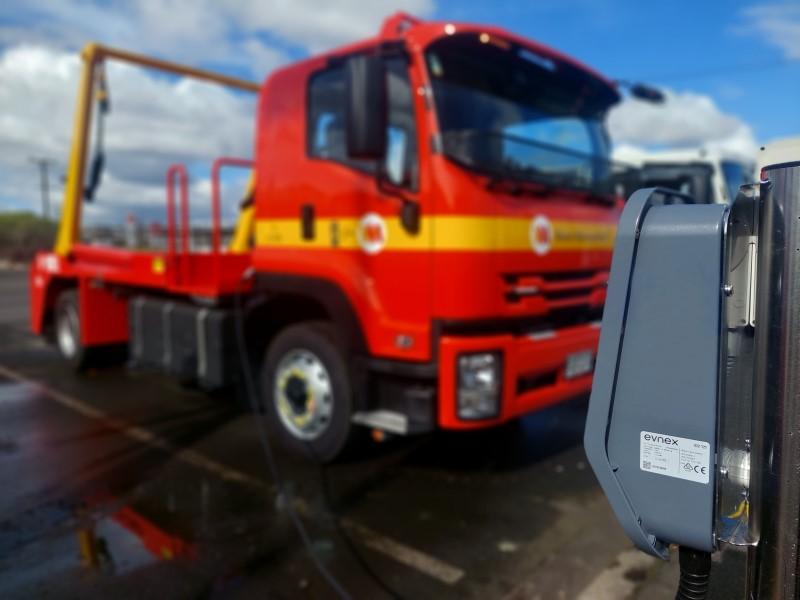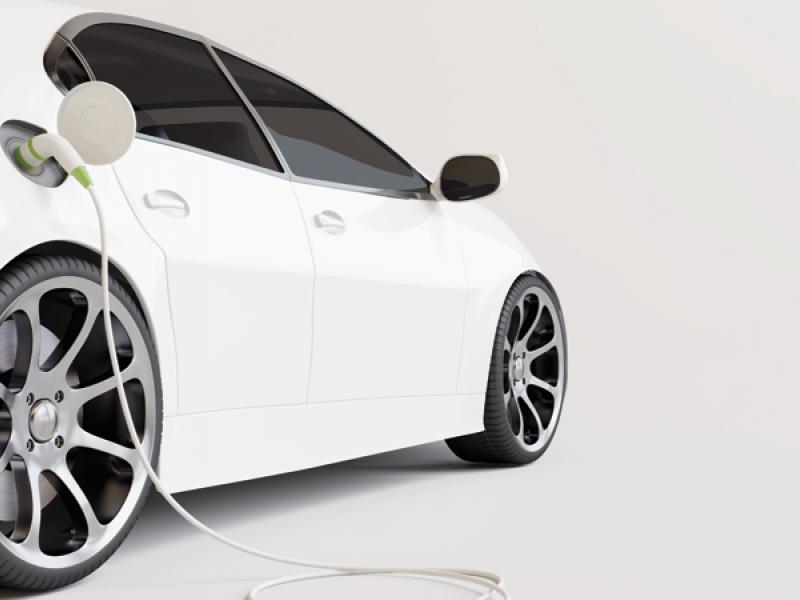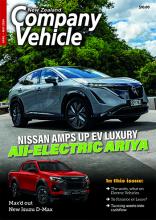Historic increases in the costs of fossil fuel, a collective consciousness surrounding climate change, and growing positive representation of sustainable choices are propelling individuals, service providers and now fleet-based companies, to re-evaluate how they choose to power their vehicles.
Regardless of whether a business is based in local government, not-for-profit, private fleets, or even service, vehicle requirements around fuel and its use remain the same.
The majority of New Zealand’s greenhouse gas emissions come from internal combustion engine (ICE) road vehicles. The transition to electric cuts overall C02 emissions by 80 percent on average (Statistics New Zealand, 2015).
As a green nation, we should tackle the trend and embrace Electric Vehicles (EVs) and alternative fuels.
Cleaner, faster, smarter, and cheaper, EVs are considered by many to be the future of transport. As battery technology drastically improves with uptake, why not jump on the electric bandwagon, and reap the benefits too?
Go electric for the environment (and your wallet)
Hybrids like the Toyota Prius have drastically increased in consumer use for over a decade now,
The EV trend is gaining traction in the private fleet universe too.
Tackling the transition to alternate fuels might seem complicated, but it’s well worth it, especially when fleet management software like Teletrac Navman’s TN360 can help reduce the mystery and simplify your entire electric fleet conversion with a customised plan.
Governments are pressuring business to meet emissions targets, making it imperative to transition to sustainable options.
Switching early will secure your access to government subsidies and ensure ample time to transition at your own pace before new requirements are introduced for transport-reliant businesses.
As consumers and business owners, we can make enormous contributions to positive sustainable change. By making calculated decisions for our future and embracing sustainable choices you can help boost your business’s reputation and appeal to the growing number of eco-conscious consumers, which could potentially increase your revenue, all while aiding the environment.
Your fleet can make the most of the opportunity to go green with initiatives like the Clean Car Discount which encourages sustainable and eco-conscious vehicle purchases.
The discount consists of rebates and fees based on C02 emissions for eligible vehicles the first time they are registered in New Zealand. The higher the C02 emissions, the greater the fee; the lower the emissions, the greater the rebate.
From 1 July 2023, the Clean Car Discount will provide a maximum rebate of $7,015 and the threshold where vehicles become subject to fees is 150 grams of C02 per kilometre.
The biggest benefit from transitioning to an EV fleet is likely the financial savings.
Moving away from reliance on fossil fuels and their unstable prices, brings more benefits to the surface. The maintenance costs for EVs are lower than ICE vehicles over the life of the asset.
In a breakdown of costs for a single asset over five years, Teletrac Navman found that an EV can cost 27 percent less than a regular vehicle. This accounted for the purchase, interest, taxes, incentives, insurance, maintenance, fuel/electricity and downtime.
There’s always an alternative
Alternative fuels are a promising solution to fossil fuel, with the most reliable and researched being electric, hydrogen and biofuel.
We've already covered EVs, but hydrogen or biofuel-powered vehicles are also gaining popularity. Fuel cell electric vehicles (FCEVs) run on hydrogen and produce no tailpipe emissions, only water vapour. However, the hydrogen infrastructure required is expensive and hydrogen production is C02 intensive.
Biofuels are another potential solution. Unlike fossil fuels, biofuels are man-made using renewable resources. In New Zealand, biofuels are often made from dairy industry by-products.
Unfortunately, biofuels are most reliable in newer vehicles and still produce C02 emissions as they are blended in small amounts with petrol or diesel. But using 30 litres of biofuel a week would still save over 250 kilograms of C02 emissions annually.
As we continue to grapple with the effects of climate change, adopting electric and alternative fuel vehicles is no longer a trendy choice but a necessary step towards a sustainable future.
Making the switch not only reduces your carbon footprint, but it also has the potential to improve your bottom line, enhance your reputation, and contribute to a better tomorrow.
Technological advancements and growing awareness prove the future is electric, and the time to act is now.


